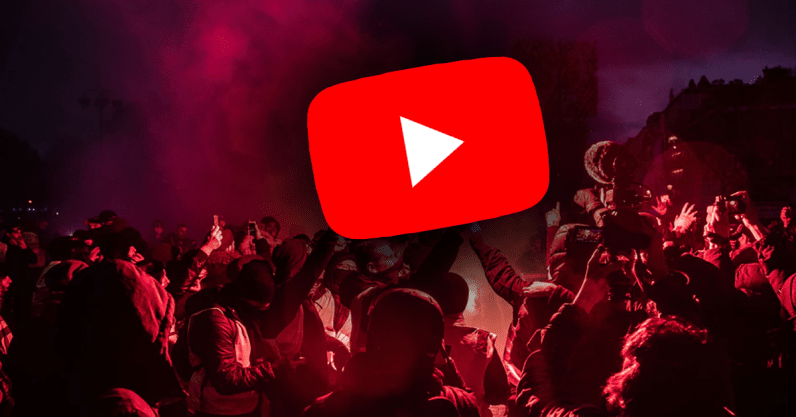
Ads have long been a way for YouTube channels to earn money for their content. Unfortunately, only creators with bigger followings can enter YouTube‘s Partner Program, which entitles them to a cut of the ad revenue. But thanks to a new change, YouTube will now roll ads on smaller channels too. The bad news? These creators won’t get a single slice of the cake.
In an update to its terms of service, YouTube said that although ads will now be displayed on “a limited number” of videos from smaller creators yet to make it into the Partner Program. But since they’re not part of the program, they won’t be entitled to any of those ad earnings, Gizmodo reports
“You grant to YouTube the right to monetize your content […] (and such monetization may include displaying ads),” a company rep said in the announcement. “This agreement does not entitle you to any payments.”
“We’re rolling out these Terms of Service starting with the US, but they will be effective in all regions by the end of next year,” the statement continued.
You’d think that a change like that would also warrant an update to the criteria for the Partners Program, but the Google subsidiary won’t be making any amends to the eligibility requirements.
On the one hand, the decision won’t have any negative impact on the bottomline of smaller creators, since they weren’t receiving any ad revenue to start with. On the other hand, though, it will likely affect the viewing experience of their followers which might stifle the channels’ growth, because let’s be honest — nobody likes ads.
It’s pretty common for smaller creators (even such eligible for the Partners Program) to suspend ads on their videos in hopes of attracting new followers with a pure viewing experience. Bill Wurtz, who you might know from the viral video History of the World, touched on that aspect on the H3 Podcast back in 2018.
By forcing ads on their videos without cutting them in on the profit, YouTube is essentially hitting emerging creators with a double-whammy — it’s depriving them of revenue they should be entitled to, and it’s also making it harder for them to offer an unhampered viewing experience.
But hey, what’s the point of going after Spotify’s ad revenue unless you’re also exploiting your own creators of tomorrow? I don’t know, ask YouTube.
Read next: A beginner’s guide to ensemble learning
